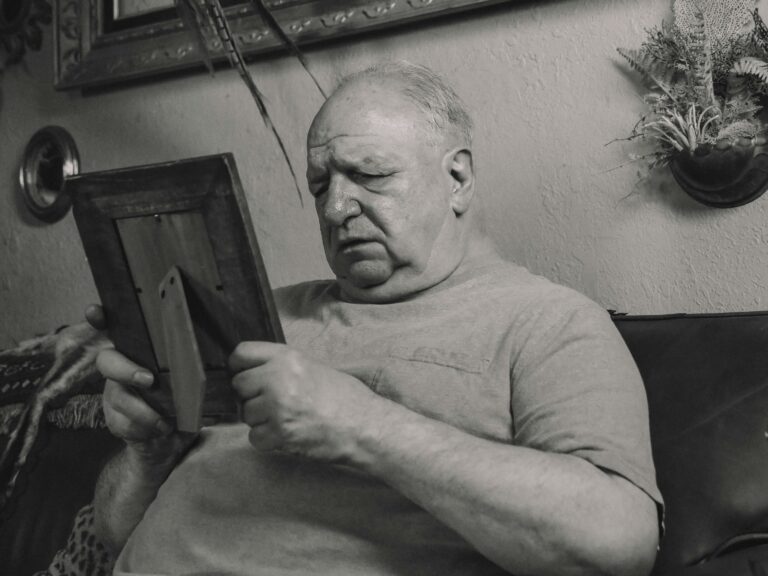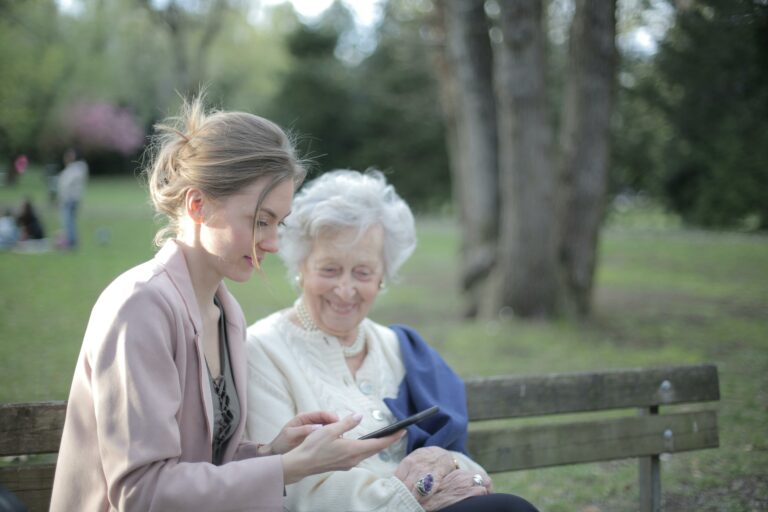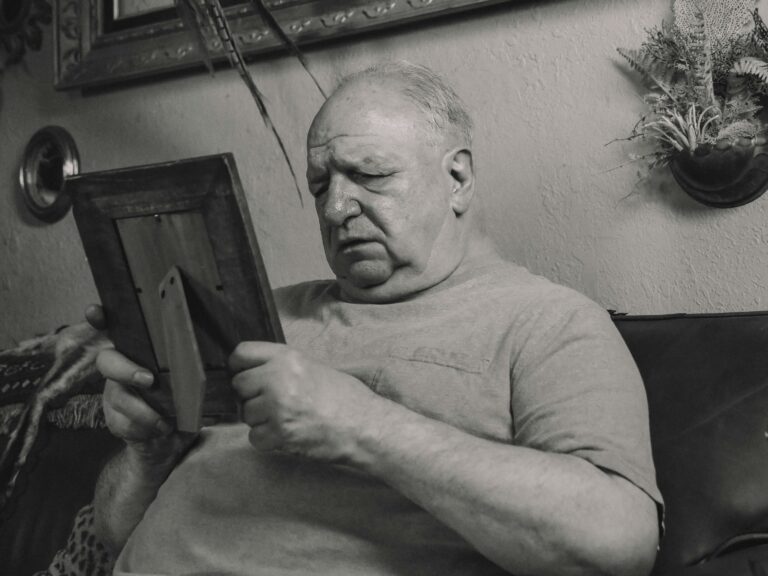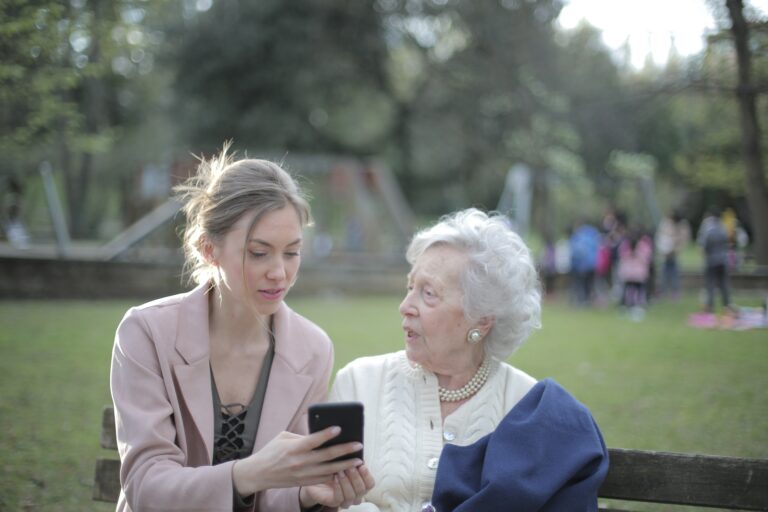
What Bruce Willis’ Dementia Diagnosis Teaches Caregivers
Millions of people worldwide suffer memory loss, personality changes and struggle to carry out everyday tasks due to dementia. Alzheimer’s disease is the most common form of dementia. However, other forms, like frontotemporal dementia (FTD), can also be devastating. A dementia diagnosis can be overwhelming for the afflicted person and their loved ones, who often struggle with the emotional and practical challenges of caregiving.
Planning for the future is essential when dealing with dementia, and that’s where estate planning becomes crucial. Without a clear plan in place, families can face difficult decisions during an already challenging time. By preparing in advance, you can protect the wishes of your loved one and secure their finances and healthcare.
What are Challenges Dementia Caregivers Face?
Caring for a loved one with dementia is a long-term commitment that often falls on family members. According to the CDC, nearly six million Americans are living with Alzheimer’s disease. The majority of them rely on the care of family members or friends. These caregivers often experience high levels of stress, anxiety and depression due to the demands of caregiving. This is especially true when caregivers also manage other responsibilities, such as children or a job.
One of the biggest challenges is making decisions on behalf of someone who can no longer express their wishes clearly. However, this is precisely why it’s so important to have a well-thought-out estate plan in place. An estate plan can include documents like a durable power of attorney, which allows a trusted person to make financial decisions, and a healthcare directive, which outlines the medical care your loved one would want.
Can Bruce Willis’ Dementia Diagnosis Teach Caregivers?
The story of Bruce Willis and his family’s journey through his dementia diagnosis sheds light on the importance of support and planning. When Bruce Willis was diagnosed with frontotemporal dementia (FTD), his wife, Emma Heming Willis, faced the immense challenge of caring for him, while protecting their family’s privacy. Emma initially tried to keep Bruce’s condition private. However, this led to feelings of isolation and overwhelming stress.
In a story covered by ABC News, the family decided to go public with Bruce’s diagnosis, which Emma described as a turning point. She shared that being open about his condition allowed them to receive the support they desperately needed. It also lifted a significant weight from their shoulders.
Having a support network is vital. However, so is having a plan in place. For families dealing with dementia, an estate plan can provide peace of mind by ensuring that all the necessary legal and financial decisions are made. This allows the family to focus on caring for their loved one without the added stress of legal uncertainties.
Estate Planning Can Help Dementia Caregivers
If you are caring for someone with dementia or are concerned about what the future may hold, it is essential to start planning now. An experienced estate planning or elder law attorney can help you navigate the complexities of dementia caregiving and ensure that you have all the necessary legal documents.
Contact our office today to schedule a consultation and start developing an estate plan. We can help you plan for finances and healthcare and set contingencies for challenges, like dementia caregiving. Our estate planning can help secure your peace of mind, your loved ones’ well-being and your legacy.
Key Takeaways
- Planning ahead eases the burden: Estate planning helps ensure that legal and financial decisions are made according to your loved one’s wishes.
- Support is crucial for caregivers: Seeking support, as Bruce Willis’s story shows, can greatly reduce the stress and isolation of caregiving.
- Legal documents provide security: Establishing a durable power of attorney, healthcare directive and living trust protects your loved one’s values, assets and well-being.
- Estate planning supports peace of mind: An estate plan allows you to focus on caregiving, knowing that all of the necessary arrangements are in place.
References:
ABC News (May 8, 2024) “Bruce Willis’ wife says family ‘desperately needed’ support after dementia diagnosis” and Centers for Disease Control and Prevention (June 30, 2023) “Caregiving for a Person with Alzheimer’s Disease or a Related Dementia”









